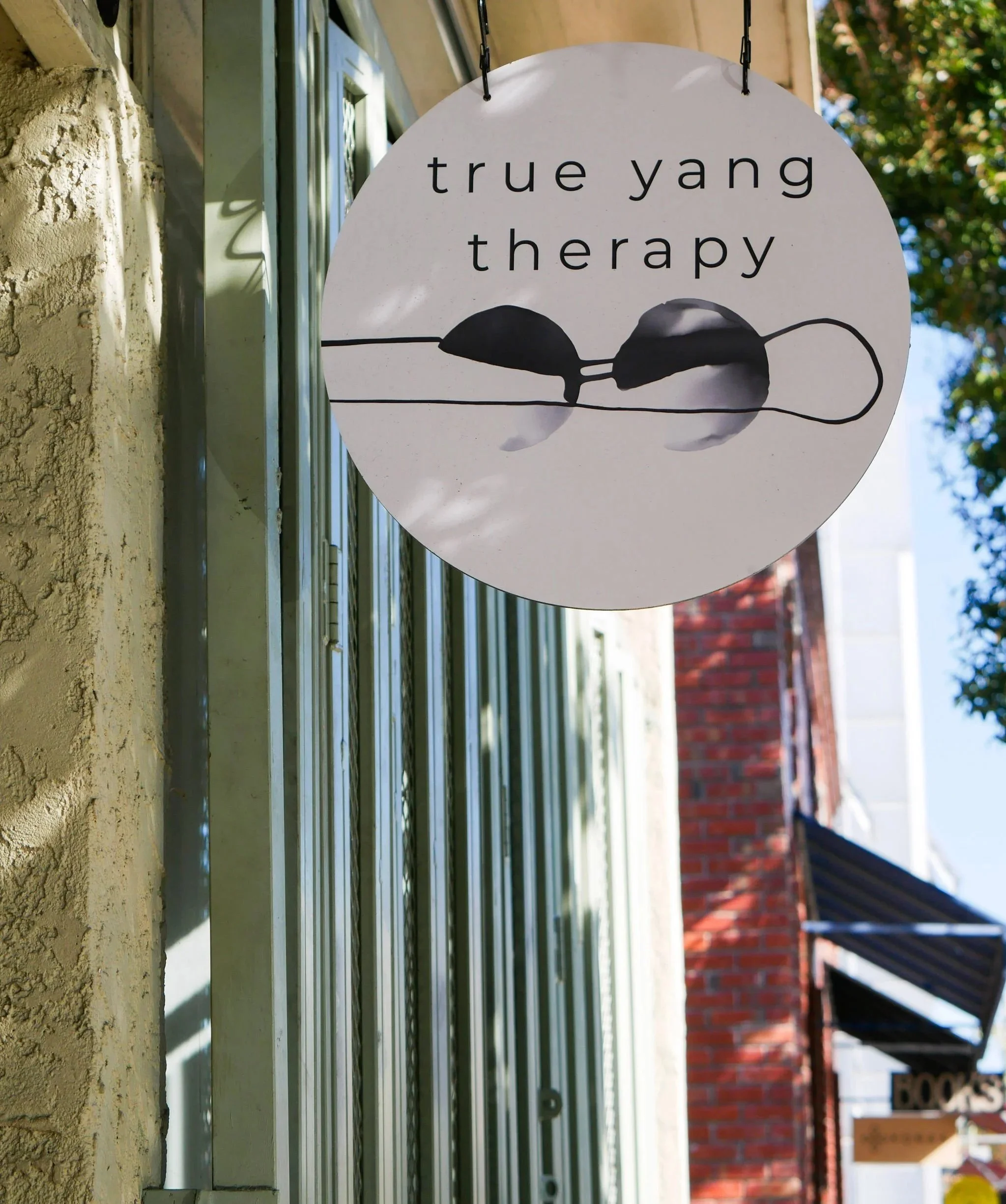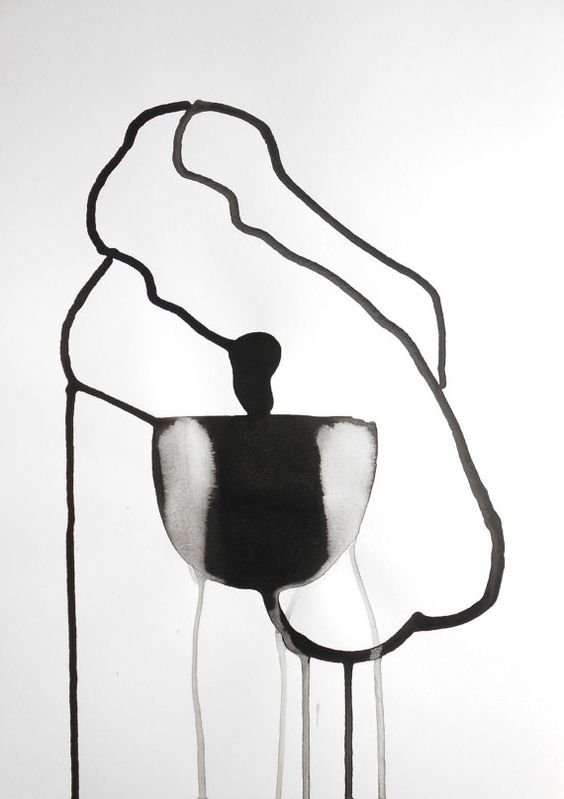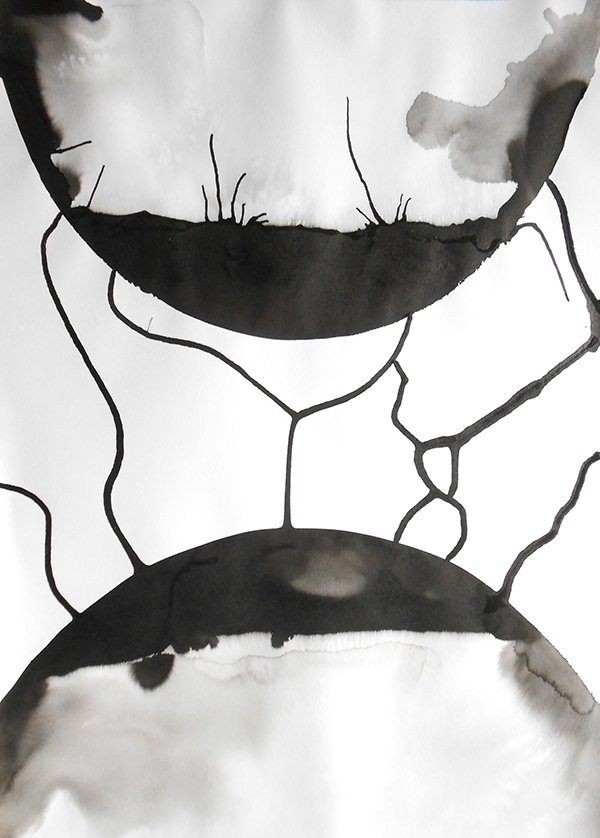Ketamine Assisted
Psychotherapy (KAP)
Ketamine assisted psychotherapy is a promising novel therapy for relieving symptoms from depression, anxiety, PTSD, as well as childhood developmental trauma. Research from top universities show entering into an “altered-state of consciousness” can help:
Relieve depressed/anxious thoughts, feelings, behaviors
Aid in forgiveness, grief & loss, processing past traumas
Heal from inherited family trauma
Grow self-love, self-compassion
Foster creativity, spirituality, purpose and drive
Clients say, “it’s as if the cobwebs are cleared” and report:
less fear, chronic stress/fatigue/pain
less addictive behaviors with food, alcohol, cannabis, media
more meditation, yoga, exercise, healthy eating
taking risks in career, community, ending toxic relationships
KAP Therapy Treatment Path
Step 1 Schedule KAP video consultation
Step 2 Medical evaluation with prescriber
Medical doctor approves lozenge prescription
Step 3 Initial psychotherapy with therapist
Meet for Pre-KAP relational therapy session(s)
Step 4 Begin KAP Series with therapist (In-Person and Virtual options)
Begin with 3-6 ketamine treatment sessions (3 hours each). Expect to be lying in a relaxed position, wearing an eye mask, and having the therapist and the music as your therapy guides. A prep session the day before KAP session helps focus your intention, an integration session the day after treatment helps with consolidation.
Step 5 Maintenance Phase
KAP sessions are available as needed based on treatment plan to maintain outcomes
*Sliding Scale Fee accommodations available for those in financial need
To learn more or begin treatment:
Schedule a treatment consultation
“During my session, I felt an ephemeral opening up, my brain and heart were more available to the world and to relationships and work. I felt a sense of joy, something I had a very hard time experiencing in my daily life.”
S-KAP Approach
At True Yang we have developed the Somatic KAP (S-KAP) approach, combining the novel use of a psychedelic, ketamine-assisted therapy, with a somatic, relational, attachment-centered technique. True Yang developed the Somatic KAP approach as an integrated model that combines ketamine assisted psychotherapy with nervous system healing, inter-generational trauma healing, attachment healing, and safe touch (which is always optional). We believe that ketamine therapy is most effective when it is done in the context of a therapy relationship rather than trying to “heal and deal”– taking the medicine at home alone.
“What was broken in relationship must be healed in relationship”
Nervous System Healing
Most people come to therapy because of an imbalance in relationship and connection–with themselves, with others, and the world. When we involve the body in therapy, we contact the nervous system-which is essentially, our inner child. This is where all the “triggering” happens, because it is where it all HAPPENED.
The “imprints” of relational trauma on the nervous system, live in the interaction between the brain and the nervous system with regard to safety and danger. Activation of the nervous system shows up in the body (tight chest, belly, throat), then creates a narrative (ie “I don’t want to go”) and then a behavior, (ie isolating). This process can happen unconsciously in a person if the person is cut off from their body, numb, or just “in their head.” Without connection to the body/mind/heart they may just experience that they are anxious, or have the notion that they need to stay home and rest, or a narrative that they don’t have friends, or “no one loves them.” Cumulative processes lead to lingering depression and anxiety and can ripple out into addictive behaviors and general suffering.
Together, you and your therapist, will navigate an exploration of the “imprints” in your nervous system. Opportunities for learning, growing, and healing will be created.
Inter-generational Trauma Healing
Intergenerational trauma is often unconscious and can have an impact on an individuals’ mental/physical well being. With the study of epigenetics, we see the ways trauma gets inherited in a family. By exploring our unconscious connection to our lineage we gain an understanding of the trans-generational transmissions of trauma-based patterns and identify behaviors and emotions with trans-generational components.
The ketamine medicine marries well with healing intergenerational shame. It acts as an empathogen, opening the heart and relaxing logic, so that a person can connect emotionally to the pain, the ancestor, or to the traumas of a family member that linger in the lineage. Compassion is built where there was shame. Ancestral resources and resiliencies are discovered and re-connected with.
Somatic Therapy
Soma means body. Somatic therapy includes practices that invite “embodiment” -where you are aware in real time of your internal world of body sensations, thoughts, and feelings, without judgement. In time these practices have the potential to support a person’s sense of overall safety from within. Some people find a sense of wisdom or healing can come from being in touch with the body and its sensations. Touch in psychotherapy that is “safe touch”-can be an option in somatic therapy. It is always in the service of nervous system regulation and attachment healing and always optional. Clients interested in touch in psychotherapy will go over the True Yang Safe Touch Guide with their therapist prior to any touch work.
KAP and EMDR
Low-dose Ketamine Assisted Therapy is combined with EMDR in this novel approach.
Ketamine can often have the effect of “softening” the pain. With this hybrid approach we use the medicine’s “softening” effects to aid in the trauma reprocessing. During a session, a therapist guides you to recall a memory or negative belief while focusing on a back-and-forth movement, such as following their finger or a light. This process is thought to help the brain reprocess the memory, reducing its emotional charge and allowing for a healthier perspective.
An example: “Anytime I think of that (person, event, loss), I think : ‘It was all my fault’ (Stuck Trauma Story) and I feel so much guilt in my heart and body (Stuck Feeling) and for the rest of the day I’m irritable or on auto-pilot, not present with myself or anyone.”
Post KAP and EMDR Therapy: “Now when I think about (person, event, loss), I think ‘I did everything I possibly could’ (New Story); and I feel more peace and resolve (New Feeling).”
All of our EMDR trained therapists have used the approach in their own healing and can speak from a place of personal experience. We use KAP and EMDR with first responders who experience traumatic events regularly and are contracted to use this approach with clients from the Oakland Fire Department.
To learn more or begin treatment:
Schedule your treatment consultation
“I feel like my brain is changing. I no longer want to drink—I don’t like the numbing quality anymore. I make more connections and associations between things around me, like something I see or a song, and a memory, and that integration between my outer world and inner world feels so meaningful.-Women’s Health Magazine”
Statement by S-KAP Creator Marni Levy:
As a professional working in mental health for the last 10 years I have seen how ongoing symptoms of depression/anxiety wear on a person’s overall health and wellbeing. They can manifest into physical symptoms like auto-immune or digestive issues along with back/neck/chronic pain, or show up as stuckness in career, challenges with romantic relationships as well as addictions, panic attacks, or chronic procrastination. For other folks they may just report a feeling of numbness, boredom, or apathy (“what’s the point?”).
With long term depression, the spindly receptors on our neurons that facilitate signal transmission in the brain may recede, and the amygdala and hippocampus (both of which help govern mood) may shrink. Yet, animal research has shown that ketamine can stimulate neural growth within days (and sometimes hours). One hypothesis is that there is similar action in humans.
What some people don’t realize is that depression and anxiety often have roots in relational or '“developmental trauma” from a person’s childhood. This includes things like being bullied, having parents who couldn’t be around as often or were “busy,” or even just a feeling of being “different.” This type of trauma has to do with psychological boundary crossing or relational trauma. If this specific use of the word “trauma” is new to you, in working together you will learn more about treating adult depression/anxiety and childhood developmental trauma with ketamine therapy.
HOW KAP TREATMENT WORKS
Ketamine treatment is a “hybrid” model, bringing together medicine and psychotherapy. Because a prescription is required, a medical evaluation can determine eligibility for treatment. The protocols used in this model of ketamine therapy recommend prep sessions before each medicine session to prepare you for your ketamine experience, and integration sessions after each ketamine therapy session to help you recall, explore, and integrate new insights/behaviors into your internal and external worlds.
TREATMENT OUTCOMES
Current research shows 70% of patients with treatment resistant depression respond positively to 1-3 administrations. 30-60% report having remission of depression for a varying length of time. Using repeated sessions there is a cumulative effect and together with ongoing psychotherapy the changes can be long lasting.
LEGALITY
Ketamine is the only prescribable psychedelic available in the U.S. It is a safe, evidenced-based, and legal prescription drug treatment that can be used in conjunction with psychotherapy to improve mental health and wellbeing.
CURRENT RESEARCH ON KAP
Yale Psychiatrists, pioneers of ketamine research and the recent FDA approval.
Article published by Cambridge University entitled “Toward specific ways to combine ketamine and psychotherapy in treating depression“.
KAP ARTICLES
https://www.tandfonline.com/doi/full/10.1080/02791072.2019.1587556?scroll=top&needAccess=true
https://psychable.com/ketamine/
Psychedelic support
https://psychedelic.support/resources/what-i-wish-id-known-before-ketamine-therapy/
Truffle report
https://www.truffle.report/?s=ketamine
Medium- Personal accounts and stories
https://medium.com/search?q=ketamine











